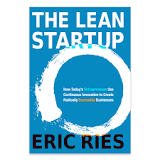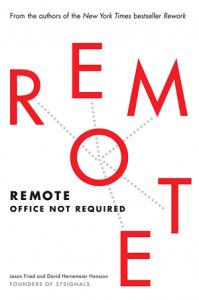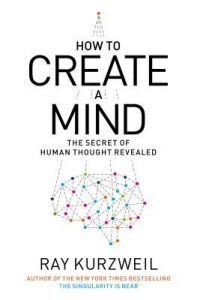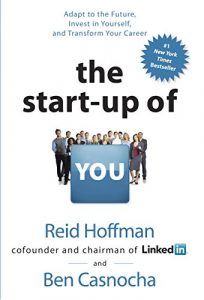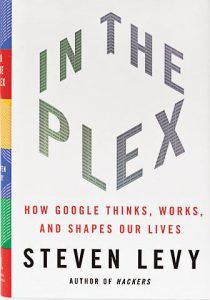
In defense of ad-supported products
There are two primary ways to generate income on the consumer Internet: through subscriptions or advertising. Additionally, unlike the enterprise world, usage-based subscriptions are often hard and confusing for consumers. So, we end up with 10$ a month all-you-can-eat buffet or we end up with ads. Now, like it or not, not all users are created equal. Some are more valuable than others. And these valuable users indirectly pay more than the users with less spending power. In other words, these users subsidize the product for the less fortunate fellows. In fact, in some ways, ads are a transfer of wealth from rich to poor users of the same service. So, next time wonder when people complain about ads, they will always be rich and powerful. These rich users would prefer a minuscule 10-a-month price instead of being worth thousands, if not millions, for the advertisers. And if the product has network effects, like social media, then it is unavoidable for these richer folks. ...
